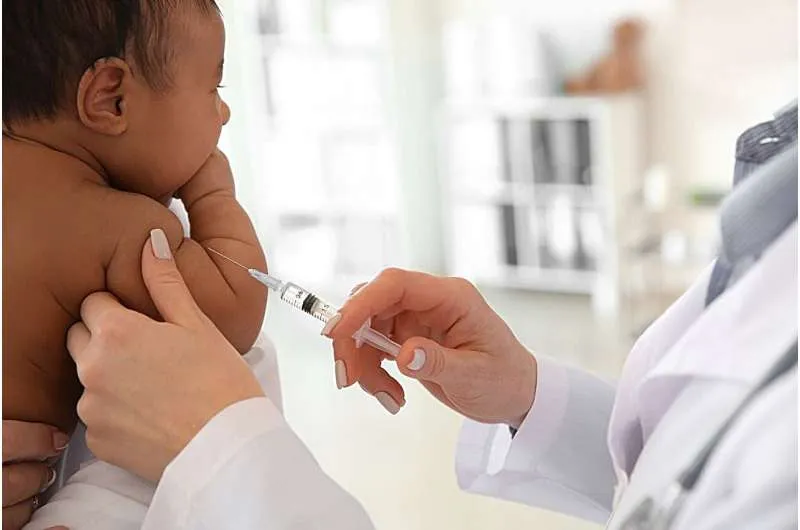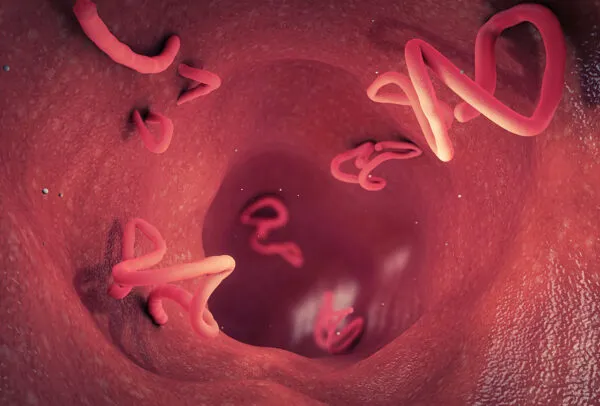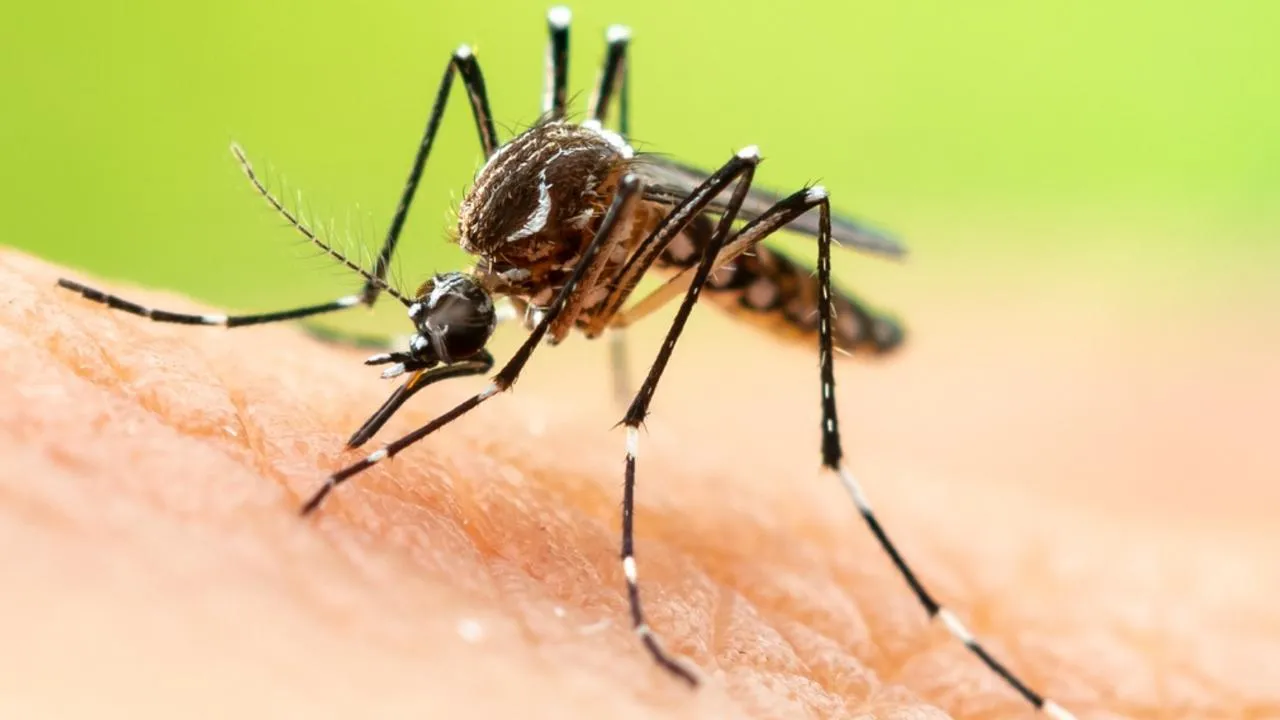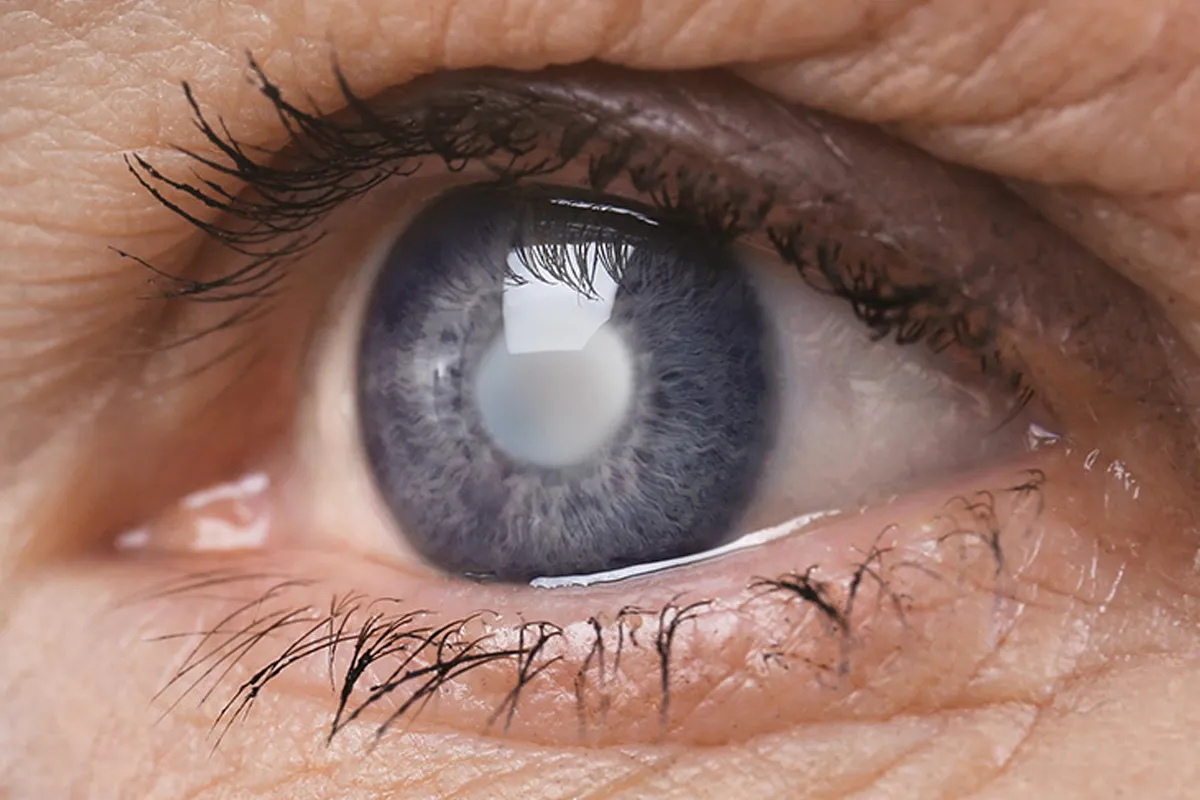It’s normal to feel down once in a while, but if you’re sad most of the time and it affects your daily life, you may have clinical depression. It’s a condition you can treat with medicine, talking to a therapist, and making lifestyle changes.
From a medical standpoint, depression is defined as a mood disorder that causes a persistent feeling of sadness and an often profound loss of interest in things that usually bring you pleasure. Depression affects how you feel, think, and behave and can interfere with your ability to function and carry on with daily life. There are many different causes of depression, some of which we don’t fully understand.
Feelings of sadness, lack of interest in activities normally enjoyed, changes in weight, changes in sleep; fatigue, feelings of worthlessness and guilt; difficulty concentrating, thoughts of death and suicide, anger and irritability, feelings of guilt, low self-esteem, difficulty falling or staying asleep, sleeping too much, changes in appetite, trouble concentrating, difficulty making decisions, unexplained aches and pains, hopelessness and loss of self-esteem, irritability, severe mood swings; social withdrawal, trouble bonding with your baby, appetite changes, feeling helpless and hopeless, anxiety and panic attacks, thoughts of hurting yourself or your baby, mood swings, often with bouts of crying, food cravings, excessive eating or weight gain, intense sensitivity to rejection, strongly reactive moods are the commonly experienced and reported symptoms of depression.
The number of symptoms present at a time and their severity vary from person to person and time to time, hence depression is categorised into various categories.
The commonly prevalent types of depression are Major Depressive Disorder (MDD), Persistent Depressive Disorder (PDD), Bipolar Disorder, Postpartum Depression (PPD), Premenstrual Dysphoric Disorder (PMDD), Seasonal Affective Disorder (SAD) and Atypical Depression.
Depression can be identified by recognising the episodic or continuous presence of any/multiple of the above stated symptoms for a significant duration, i.e., more than two weeks and interfering with the activities of daily life. These symptoms can either be directly recognised by the person himself/herself or by the family members.
Not every depression is correlated with death wishes or suicide ideation, but major depressive episodes have suicidal ideation, contemplation, and attempt as a cardinal feature. The predictors or alarming signs of suicidal ideation are hopelessness, helplessness, remaining isolated, and having attempted suicide in the past.
One should be careful if someone is being observed to be remaining aloof, increasing consumption of any substance, talking abnormally, being suspicious, talking hopeless, unusual behavior, being sensitive and too emotional. Sometimes these ideations can be hidden also, so one should focus on the feelings which are not being expressed but experienced.
Dr Arjun Arya is the Director and Consultant Psychiatrist at Arya Hospital Neuropsychiatry and Trauma Centre.























